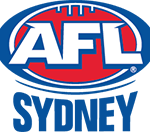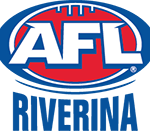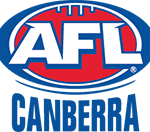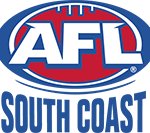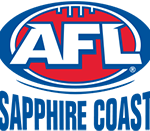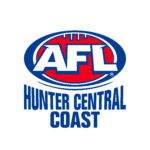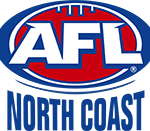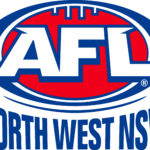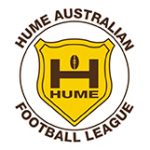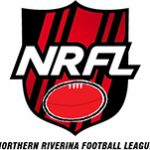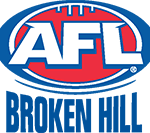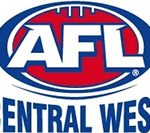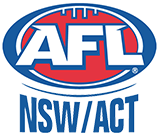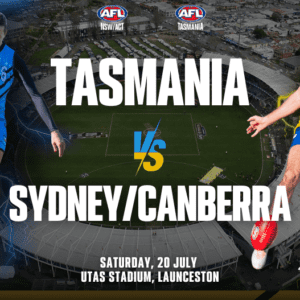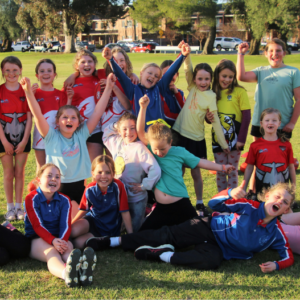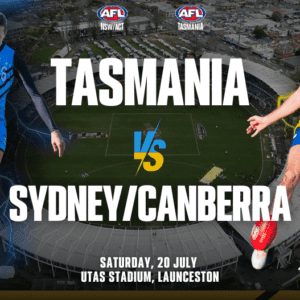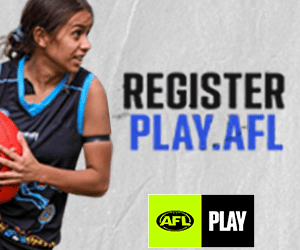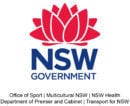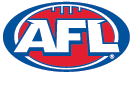Academy students set to graduate
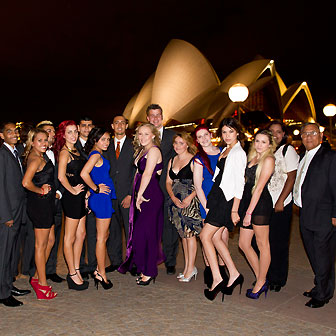
By Michael DiFabrizio
Before Dean Wright came into the AFL Indigenous Academies program, he knew little about his Aboriginal identity and heritage.
That’s no longer the case for the school captain and Giants Academy member, according to AFL NSW/ACT Indigenous programs manager Katriina Heikkanen.
“Now he knows about his family, he knows where he’s come from,” Heikkanen explains.
“(For students) it’s about finding out about themselves in terms of their heritage and building up their culture and making them proud of who they are.”
The Indigenous Academies program is run in schools from Years 7-12 and is targeted at Aboriginal kids living in Blacktown, where there are three partner schools, and Campbelltown, where there are four partner schools. The initiative is supported by the Federal Government through the Sporting Chance Program.
“The objective is to keep the kids in school and engaged so retention will increase, and provide them with opportunities and pathways,” Heikkanen says.
“We focus a lot on cultural activities and employment opportunities, like getting AFL SportsReady to come and speak with them, assisting them with resumes and also hooking them up with any casual work if they’re interested, and just providing them with support and skills, life skills as well.”
Wright is one of 19 students from the program about to finish Year 12 and graduate from high school. This is the first batch of students to complete the journey from Year 7, when the program was introduced. As a reward, many of the students got to attend the Deadly Awards recently.
Doonside High School principal Joe Begnell has seen first-hand the positive impact the program can have.
“The efforts made by the Academy to create the opportunities for our students has in no small way placed them on pathways to success in their futures after school,” Begnell says.
“The photos make me very proud and the lift it will give to our Aboriginal communities in the Blacktown/Mt.Druitt area will be very real with ongoing positive effects with the new students entering High school next year.”
One key advantage to the program is that students who complete the program then become role models for younger siblings and fellow students.
“One of the boys who was in the program last year is now one of our casual workers who is going to start a traineeship with us next year. Him going back and working in those schools again is excellent to show the younger kids that this is one of the opportunities you can get if you stay in school and work hard,” Heikkanen says.
The Sporting Chance Program is an Australian Government initiative that started operations in schools in 2007.
The objective of the Sporting Chance Program is to encourage improved educational outcomes for Aboriginal and Torres Strait Islander students (boys and girls) using sport and recreation.
In 2012 a total of 21 providers deliver 64 projects under the Sporting Chance Program for up to 11,000 primary and secondary school students at risk of not completing their schooling. These projects use sport and recreation as a vehicle to increase the level of engagement of Aboriginal and Torres Strait Islander students to improve their educational outcomes.
